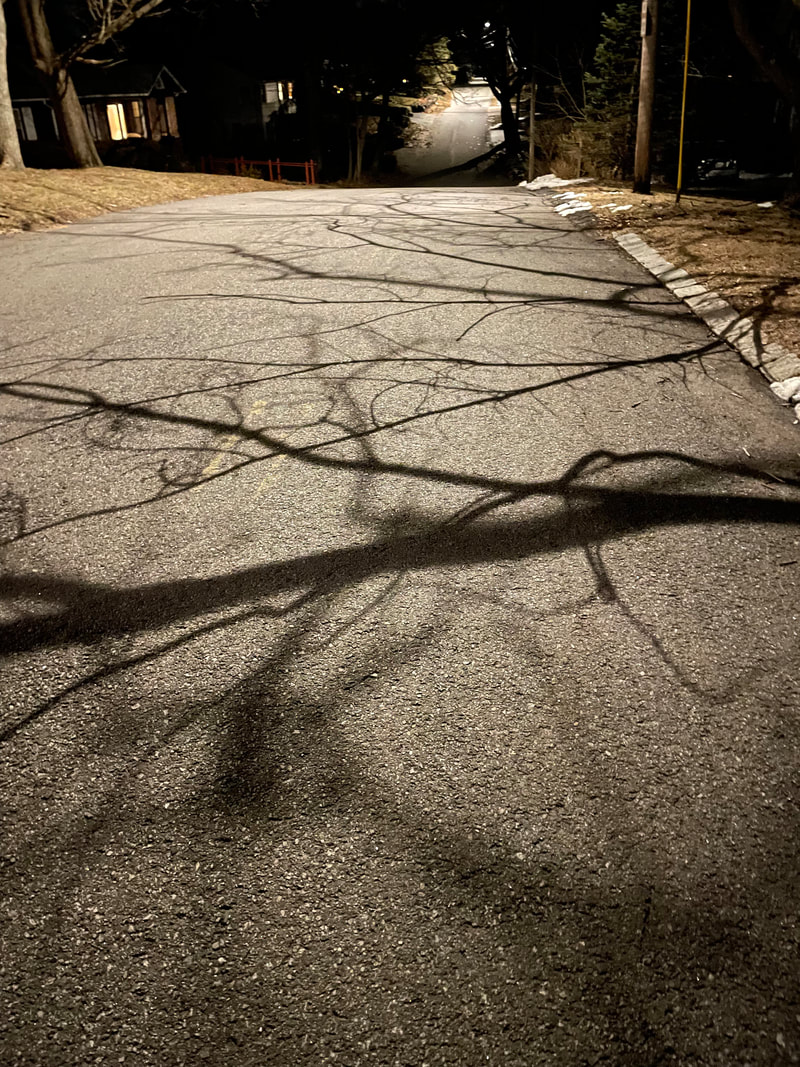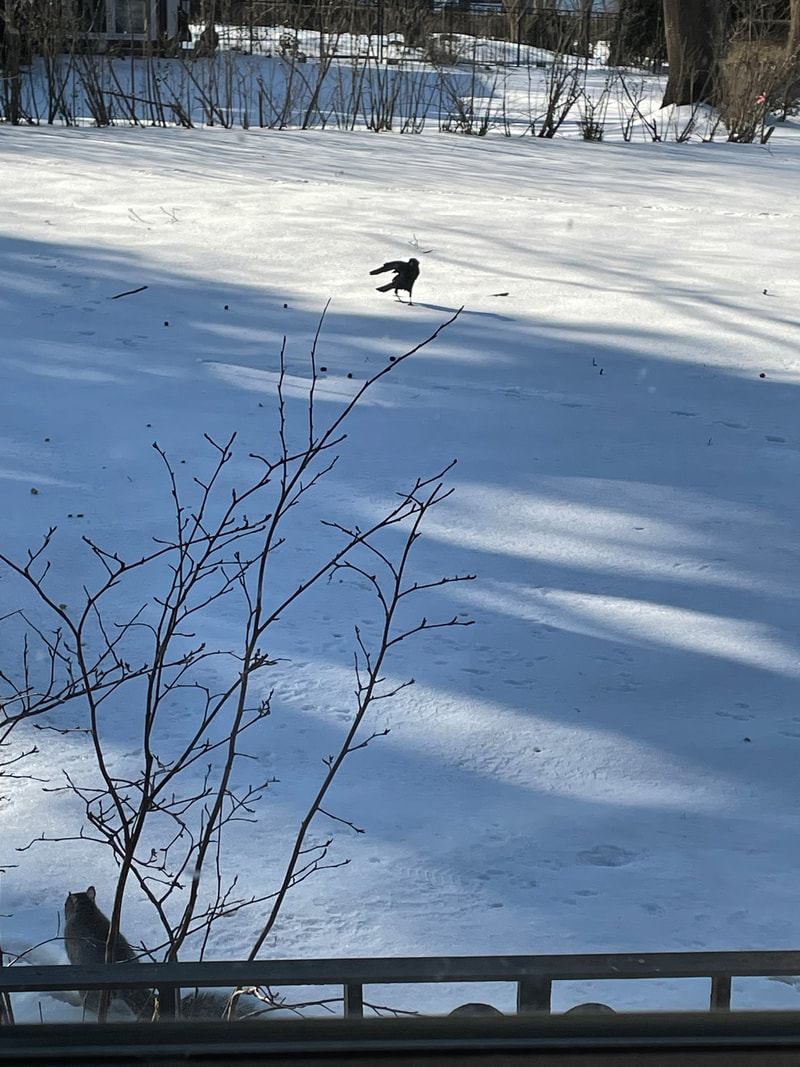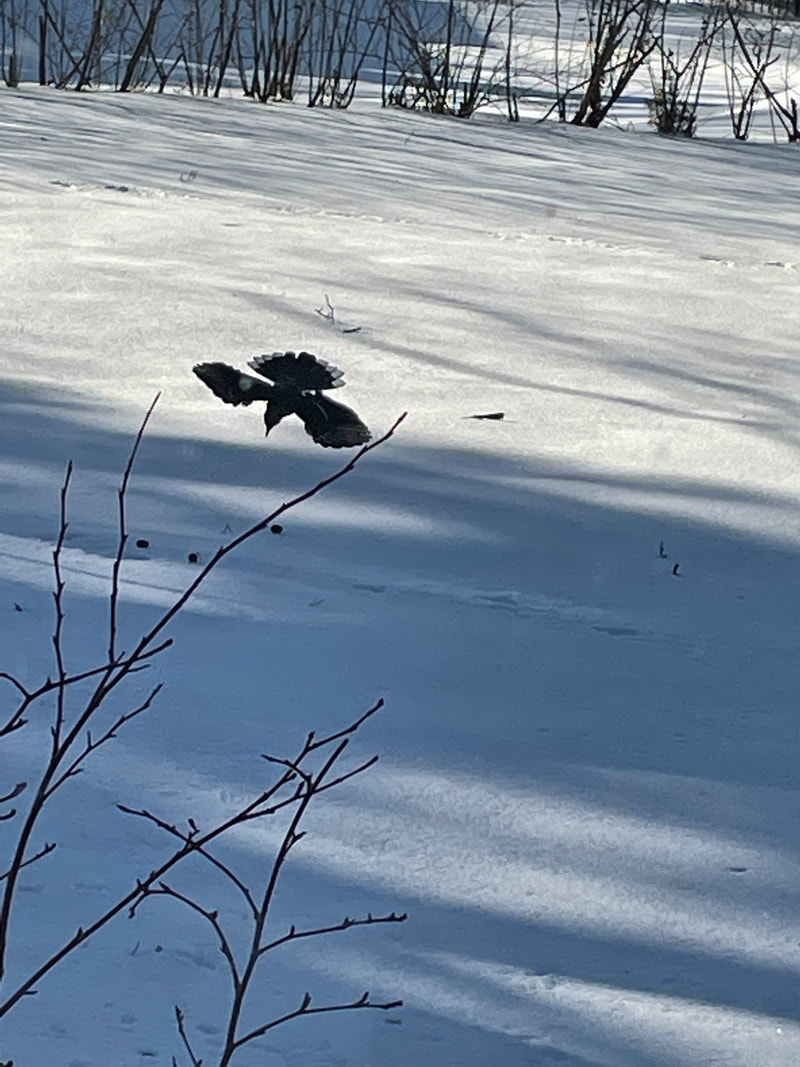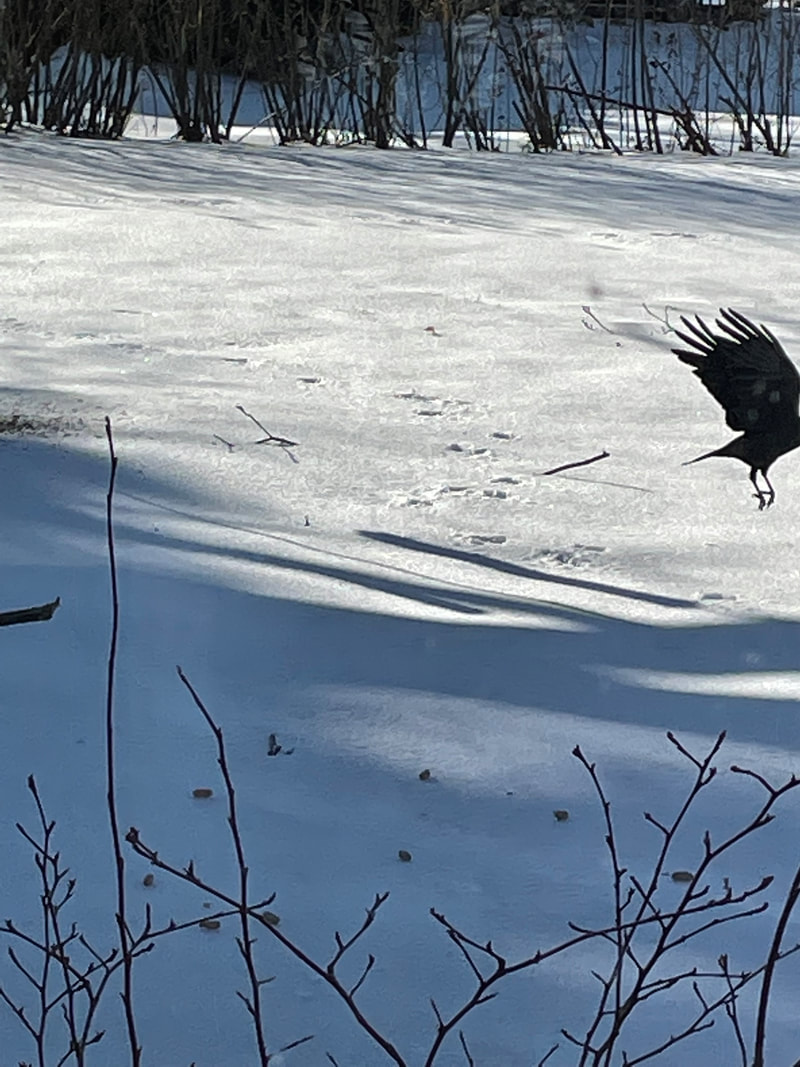From The Gates of Europe: A History of Ukraine, Serhii Plokhy
|
He then declared the goal of Ukrainian national liberation and, being a lawyer to boot, developed a legal and historical arguement to denounce the Russo-Ukrainian agreement concluded by Bohddan Khmelnytsky in 1654. Mikhnovsky claimed that Russia had violated its conditions by encroaching on the rights and privileges given to the Cossack officers in Khmelnytsky's dday. Hetmans Ivan Vyhovsky and Ivan Mazepa had used similar arguments back in the seventeenth and early eighteenth centuries. Unlike them, however, Mikhnovsky called on his countrymen to set themselves completely free, not to accept a Polish or Swedish protectorate.
From The Gates of Europe: A History of Ukraine, Serhii Plokhy The only one not seasick, she had imagined herself a dark bird, moving with great purpose. She felt for the paper folded in her pocket. She thought of giving it to Anna, carrying out her part just as Nathan Orlov hoped. She thought of keeping it for herself. She thought of releasing it, how it would spin, falter, then take off for an impartial sky. Choice was a type of power, and power could be as dangerous as love.
From Discriminate Affections, Susan Tacent Michigan Quarterly Review, 2017 Dinah knew not all soldiers were bad. She’d heard good stories, too, about a soldier who helped a family move a sick uncle, another who took the village children for rides on his horse, another who brought food. Still, she had felt nearly unbearable relief upon Mama’s return. Now she asked herself how Mama had known whom to trust.
From Discriminate Affections, Susan Tacent Michigan Quarterly Review, 2017 Dinah imagined pulling the woman into the back room, where Anna had taken her when they first arrived this morning, where the trimmers worked. How else to make Mrs. Kruchek see Dinah’s fingers clench the needle like the beak of some fleshy bird, unwind the waxy milliner’s thread, form the tiny stitches that would keep a delicate sprig of satin violets in place, as if blown onto the hat by accident but with the strength of steel. “I’m a fast learner,” she said, her jaw tightening like a claw.
From Discriminate Affections, Susan Tacent Michigan Quarterly Review, 2017 Anna was the beautiful sister, and on the train she sat very straight, very still, looking at no one. Her hair was twisted in its shining French bun. The little wisps at the back of her neck were so vulnerable. When the sisters were little, Dinah used to kiss there, and what would Anna do but blush like an apple and laugh to cover the blush and push her away. Silly, silly Dinah, she’d scold, and Dinah had wanted to kiss the curls even more.
From Discriminate Affections, Susan Tacent Michigan Quarterly Review, 2017 |
Categories |





 RSS Feed
RSS Feed